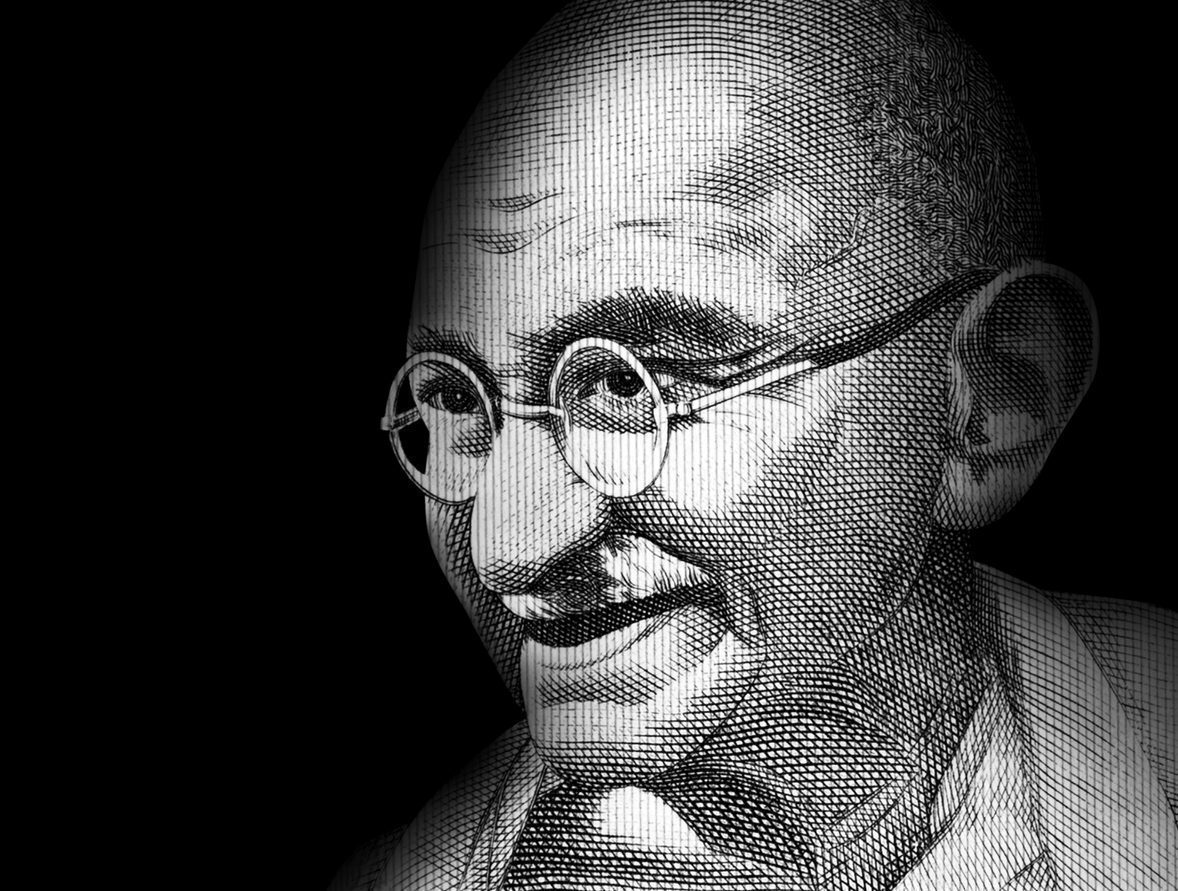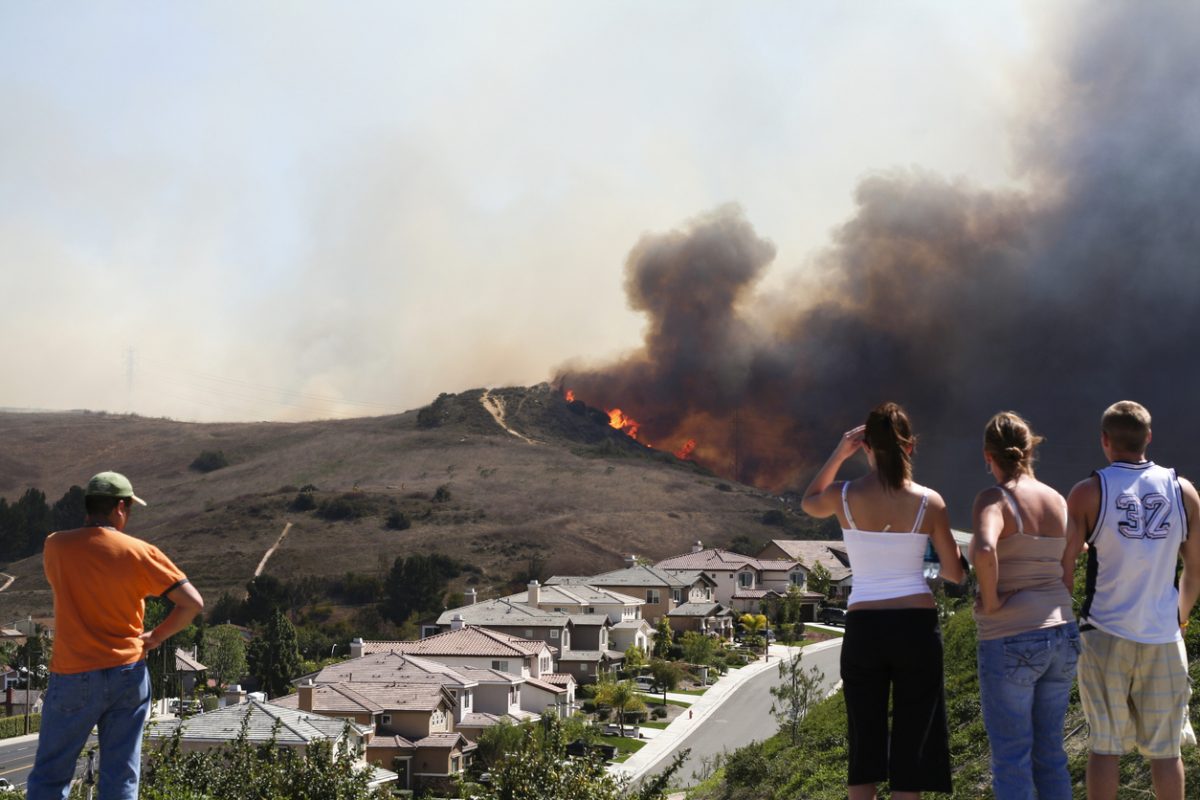
Psychiatric Medical Education in the Age of COVID-19:
The Penn State Health Experience
The rapid outbreak of the novel human severe acute respiratory syndrome coronavirus 2, ultimately leading to the coronavirus disease 2019 (COVID-19) pandemic, has spurred numerous changes in health care systems to preserve the safety of patients, providers, and learners.1 While there have been many changes to patient care, attention toward the effects on medical education has been sparse in comparison. Some of the greatest disturbances have involved suspension of onsite clinical experiences for students in favor of virtual learning modalities.2-5 Medical education classically involves didactics and in-person patient experiences to equip learners with the skills needed to serve as empathetic, knowledgeable providers.2,5 This is particularly true of psychiatric education wherein patient interaction provides learning beyond that which textbooks can provide. Furthermore, given the current shortage of psychiatrists,6 the need for medical student exposure to the field cannot be understated. Therefore, it is imperative for psychiatric educators to consider alternative strategies to ensure that medical student educational needs are met. In this commentary, we discuss our psychiatry department’s approaches and experiences in its educational initiatives for third- and fourth-year medical students. We aim to offer this report as an initial survey of this issue and provide potential solutions to address the new challenges faced by educators and students alike in the age of COVID-19 and beyond.
The COVID-19 crisis has restricted in-person experiential learning and didactics for medical students2-5,7; therefore, the use of technology to overcome this barrier is necessary.2-4,7 The Penn State Department of Psychiatry and Behavioral Health and affiliated College of Medicine have taken steps to ensure safety, while facilitating meaningful learning experiences. Many students engaged in response efforts through the COVID-19 MD Student Response project. In this student-led initiative, learners participated in telehealth, patient navigation, contact tracing, and educational development, allowing students to contribute to response efforts and improve their skills. Students were encouraged to engage in scholarly research activities and were provided with didactics, advising, and residency preparation virtually.
The third-year core psychiatric clinical clerkship curriculum has been revised and transformed into a longitudinal integrated model. Protocols for learner participation in indirect patient care have been developed, and students were assigned modules for asynchronous education. A virtual telepsychiatry simulation session was developed for students to practice interviewing and observational skills. Learners were integrated into patient care via virtual rounds, clinic-based telehealth visits, and clinical reasoning sessions. These indirect patient care opportunities provide educational experiences while promoting safety, introducing virtual-health skills, and allowing uninterrupted opportunities for experiential learning.
As students return to clinical duties, several changes have been implemented to ensure safety. Upon return to inpatient psychiatry duties, learners and staff are required to wear masks at all times, and learners do not provide care to any patients who are COVID-19 positive or under investigation. Learners are encouraged to share areas of interest with the Department of Psychiatry and Behavioral Health to ensure adequate exposure to these areas in light of abbreviated clinical time. These measures ensure that learners have meaningful educational experiences and participate in care within the scope of safety.
Given the increased need for psychiatrists, especially in light of COVID-19-related trauma8 and the worsening mental health crisis,6 there is a need for medical student exposure to the field of psychiatry. Therefore, it is imperative for educators to consider alternative strategies to ensure that the educational needs of medical students are met. As the health care system moves forward, virtual patient care and telehealth will increase in importance,2 and student exposure to and familiarity with these care modalities will serve to develop adaptable physicians.2,3 Therefore, it is vital for medical schools and psychiatry programs to provide educational experiences in vital virtual patient care domains.
Received: June 29, 2020.
Published online: September 10, 2020.
Potential conflicts of interest: None.
Funding/support: None.
REFERENCES
1.Fong ZV, Qadan M, McKinney R Jr, et al. Practical implications of novel coronavirus COVID-19 on hospital operations, board certification, and medical education in surgery in the USA. J Gastrointest Surg. 2020;24(6):1232-1236. PubMed CrossRef
2.Mian A, Khan S. Medical education during pandemics: a UK perspective. BMC Med. 2020;18(1):100. PubMed CrossRef
3.Ferrel MN, Ryan JJ. The impact of COVID-19 on medical education. Cureus. 2020;12(3):e7492. PubMed
4.Newman NA, Lattouf OM. Coalition for medical education-a call to action: a proposition to adapt clinical medical education to meet the needs of students and other healthcare learners during COVID-19. J Card Surg. 2020;35(6):1174-1175. PubMed CrossRef
5.Rose S. Medical student education in the time of COVID-19. JAMA. 2020;323(21):2131. PubMed CrossRef
6.Satiani A, Niedermier J, Satiani B, et al. Projected workforce of psychiatrists in the United States: a population analysis. Psychiatr Serv. 2018;69(6):710-713. PubMed CrossRef
7.Liang ZC, Ooi SBS, Wang W. Pandemics and their impact on medical training: lessons from Singapore [published online ahead of print April 17, 2020]. Acad Med. PubMed CrossRef
8.Cullen W, Gulati G, Kelly BD. Mental health in the COVID-19 pandemic. QJM. 2020;113(5):311-312. PubMed CrossRef
aPenn State University College of Medicine, Hershey, Pennsylvania
bDepartment of Psychiatry and Behavioral Health, Penn State Health Milton S. Hershey Medical Center, Hershey, Pennsylvania
*Corresponding author: Usman Hameed, MD, Department of Psychiatry and Behavioral Health, Penn State Health Milton S. Hershey Medical Center, 500 University Dr, Hershey, PA 17033 ([email protected]).
Prim Care Companion CNS Disord 2020;22(5):20com02773
To cite: Batchelder E, Piper L, Sarwar S, et al. Psychiatric medical education in the age of COVID-19: the Penn State Health experience. Prim Care Companion CNS Disord. 2020;22(5):20com02773.
To share: https://doi.org/10.4088/PCC.20com02773
© Copyright 2020 Physicians Postgraduate Press, Inc
Enjoy this premium PDF as part of your membership benefits!




